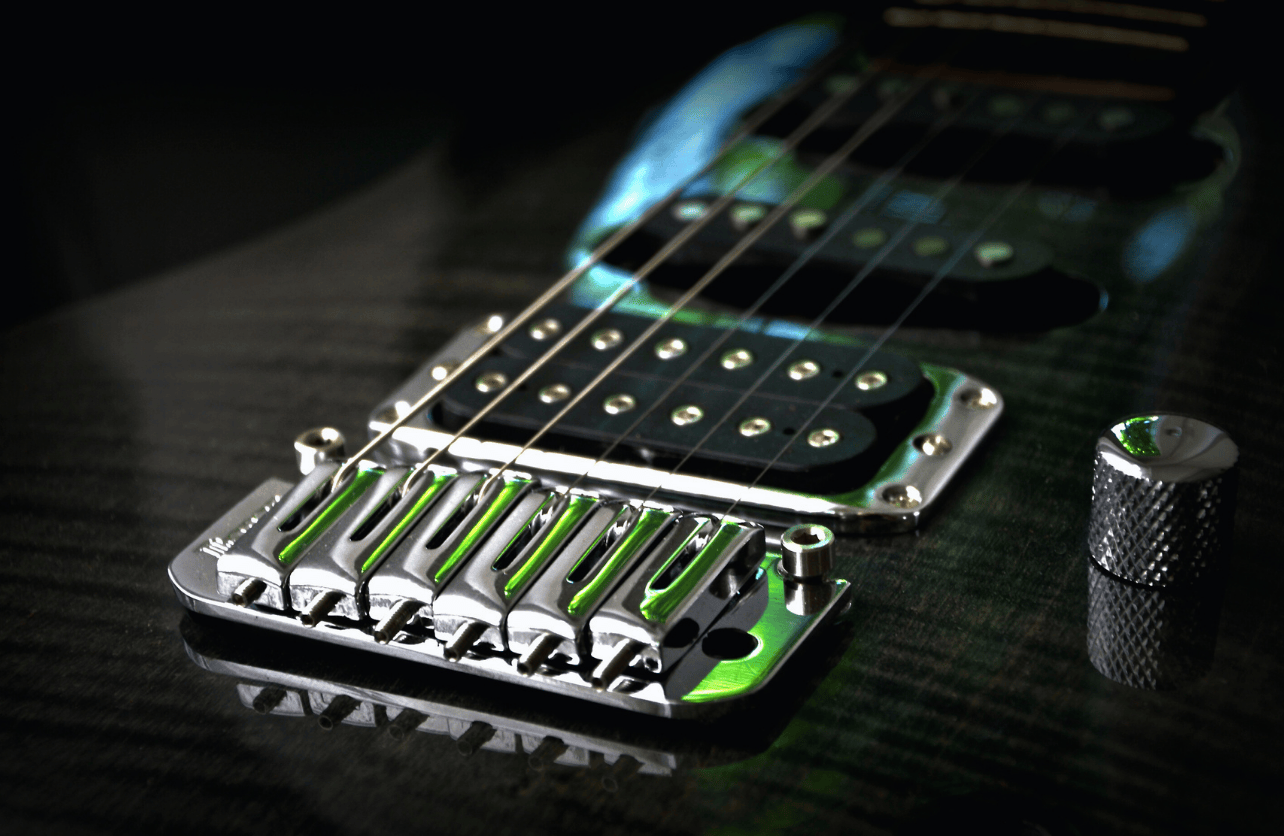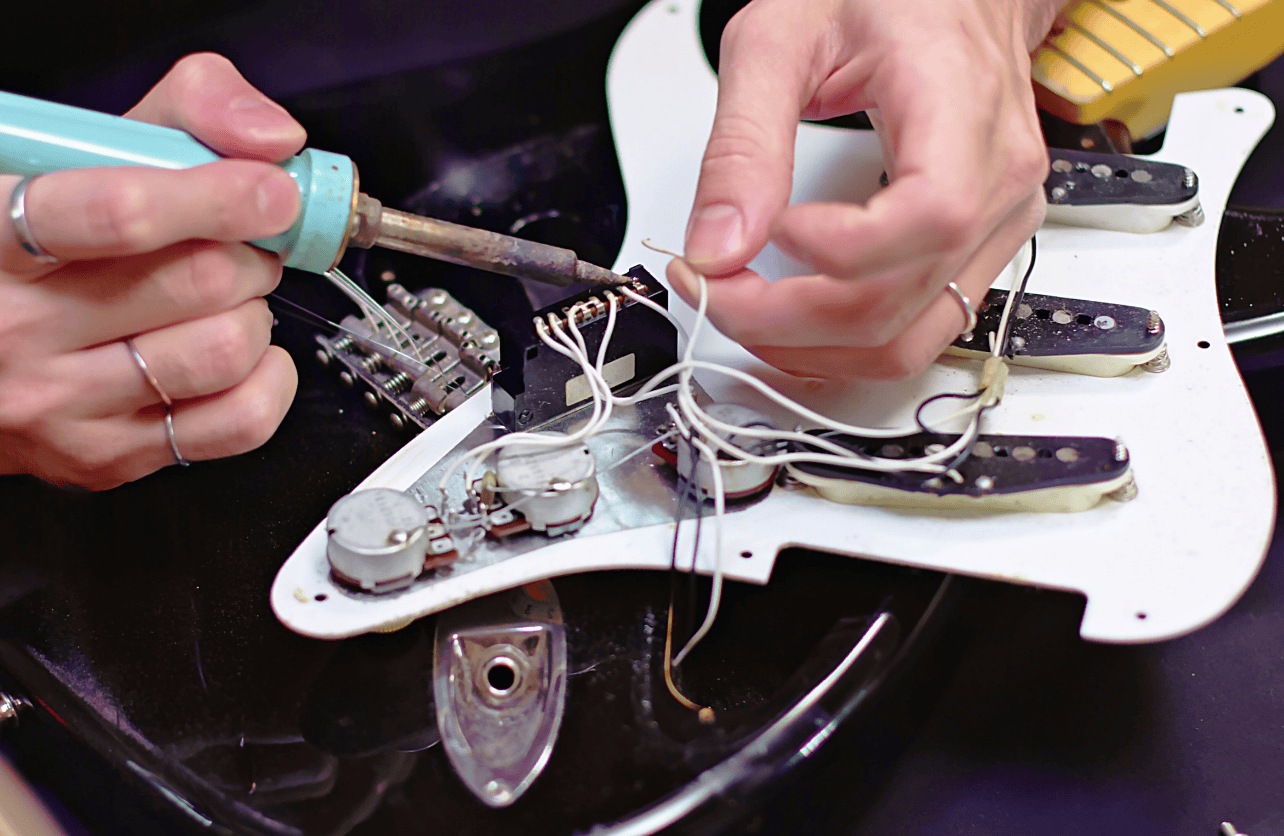The idea of building your own guitar from a kit is undeniably appealing—especially for those who love music and working with their hands. Guitar kits offer the promise of customization, creativity, and cost savings. But are they truly worth it? That depends on what you’re hoping to get out of the experience.
Some people end up with a playable, one-of-a-kind instrument they’re proud to show off. Others wind up frustrated, out money, and stuck with a half-finished project in their garage. To help you figure out which camp you might fall into, here’s a breakdown of the real pros and cons of guitar kits—no fluff, just the facts from the shop floor.
The Learning Curve Is Steep, But Worthwhile
If you’ve never built a guitar before, prepare to get your hands dirty—literally and figuratively. Guitar kits won’t teach you how to build an instrument from scratch, but they do offer an education in assembly, electronics, finish work, and problem-solving. You’ll understand how intonation works, what really affects tone, and how small adjustments can make a big difference in playability.
For aspiring luthiers or curious musicians, this kind of hands-on learning is invaluable. You won’t just build a guitar; you’ll learn how guitars work.
Cost Savings Are Possible, But Not Guaranteed
At first glance, guitar kits seem like a money-saver. For a few hundred dollars, you get all the pieces you need to build a full-sized electric or acoustic guitar. But here’s the reality: the out-of-the-box parts often aren’t top quality. You might end up upgrading the pickups, replacing tuners, or redoing the nut—costs that add up fast.
You may still come out ahead compared to buying a brand-name instrument with similar specs, but only if you’re savvy about where to upgrade and when to stick with what’s included.
Customization Is a Huge Perk

One of the biggest reasons people go the kit route is the freedom to make the guitar truly your own. Want a surf green Telecaster with gold hardware and a reversed control plate? Go for it. You can experiment with finishes, hardware, wiring mods, and even neck shapes depending on the kit you buy.
This level of personalization is tough to achieve with off-the-shelf guitars unless you’re spending serious cash—or willing to break out the soldering iron and sandpaper yourself anyway.
Not All Kits Are Created Equal
Quality varies wildly between manufacturers. Some kits arrive well-machined and ready to assemble with minimal fuss. Others require fretwork, body sanding, redrilling holes, or correcting neck angles just to make them playable. If you’re not confident in your tools or skills, that can be discouraging fast.
The trick is to research kit brands thoroughly before buying. Reviews, forums, and YouTube build videos can give you a clear picture of what you’re getting into. Reputable brands like StewMac, Solo, and The Fretwire tend to offer better quality control, but even then—don’t expect perfection.
It’s a Time Commitment
Building a guitar is not a weekend project. Even a basic kit can take several weeks when you account for sanding, finishing, curing time, wiring, and setup. That’s assuming nothing goes wrong.
But for many, the time investment is part of the appeal. It’s not just about the finished guitar—it’s about the process. If you enjoy working with your hands and learning as you go, the time spent can be as rewarding as the final strum.
Tools Matter More Than You Think

Guitar kits are often marketed as “everything you need in one box,” but that’s not entirely true. You’ll still need tools—some basic, some specialized. A soldering iron, a good screwdriver set, clamps, a fret file, a tuner, and a workspace with ventilation (if you’re doing finishing work) are all part of the deal.
Having the right tools—and knowing how to use them—makes the experience smoother. Lacking them makes it frustrating. If you already do woodworking or home repairs, you’re probably set. If not, be prepared to invest a little more.
The End Result Can Be Genuinely Impressive
Despite the challenges, many guitar kits produce seriously good instruments. With careful setup and thoughtful upgrades, your final build can rival much more expensive factory models in both tone and playability. Plus, you get bragging rights: you made that guitar.
For hobbyists, tinkerers, and players who want something personal, that feeling alone can make the effort worthwhile.
Final Verdict: Are Guitar Kits Worth It?
If you’re in it for the joy of building, learning, and customizing, guitar kits are absolutely worth it. They’re not ideal for someone who just wants a quick, cheap instrument to play right away. But for people who enjoy working with their hands and want to understand their instrument inside and out, a guitar kit offers something no store-bought model can: a guitar you built yourself, mistakes and all.
Just go in with realistic expectations, a willingness to learn, and the patience to make a few mistakes along the way. That’s part of the build—and part of the reward.
